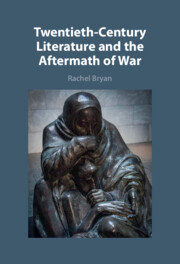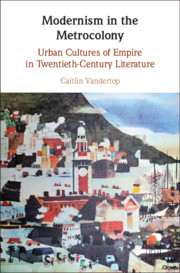Twentieth-Century Literature and the Aftermath of War
Students of twentieth-century literature are familiar with narratives that associate devastating wars with conceptual, societal, and aesthetic upheavals. What these accounts overlook, however, is a body of psychologically attuned modern writing that was less interested in this shattering of faith and form than in those counterfactual modes of resistance deployed by individuals and nations in response to mass violence and profound change. Twentieth-Century Literature and the Aftermath of War is an innovative study of the attention paid to such reparative, stabilising impulses in post-war writings from across the last century. Focusing on works by Henry James, Elizabeth Bowen, and Kazuo Ishiguro as case studies, it argues that to fully understand the relationship between modern warfare and literary art, we must learn to engage with texts whose modernity lies in their acknowledgement of the draw felt towards, and contested ethics of, consolatory counterfactuals.
- Includes innovative readings of works by three major twentieth-century writers: Henry James, Elizabeth Bowen, and Kazuo Ishiguro
- Offers case studies of post-war writings from across the whole of the twentieth century, informed by a combination of historical information, biographical details, and careful close readings
- Provides a critical vocabulary and framework that can be used to speak about and explore the formal and ethical concerns of modern post-war writing
Product details
January 2025Hardback
9781009493383
268 pages
235 × 160 × 21 mm
0.514kg
Available
Table of Contents
- Introduction: the cracks in the vase and the lies in the Soul
- 1. Untimely deaths and artful promise in Henry James's post–1890 writings
- 2. Reading Henry James in first World wartime
- 3. Imaginary widowhood in Elizabeth Bowen's 'A year I remember – 1918' and A World of Love
- 4. Retroactive judgements in Elizabeth Bowen's the heat of the Day
- 5. Traitors, Treason, and 'Topsy-Turvy' values in Kazuo Ishiguro's 'The summer after the war' and An Artist of the floating World
- 6. Art and consolation in Kazuo Ishiguro's never let me go.



